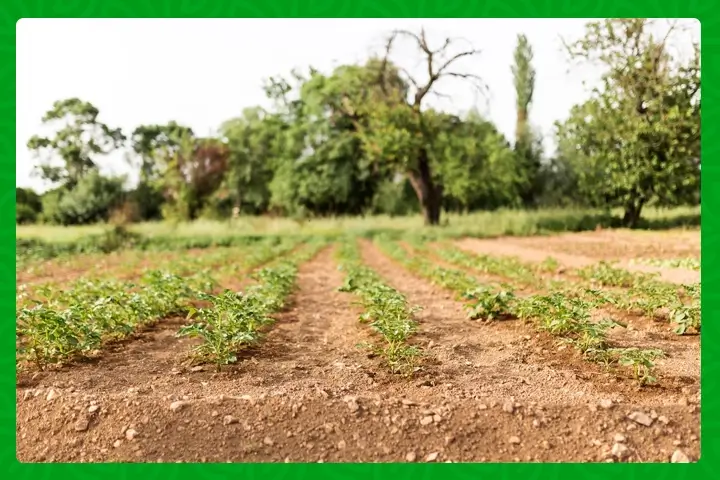
The National Center for Agricultural Machinery Studies and Experimentation (Ceneema) has greenlit an expansion of its budget for the arable land development project’s pilot phase. This strategic initiative, born from a collaborative framework inked on May 17, 2023, between Ceneema and the Ministry of Agriculture (Minader), aims to revolutionize land development and empower large and medium-scale producers in the Adamaoua and Center regions of Cameroon.
Ceneema’s Visionary Approach
Renowned as a stalwart in the State’s push for agricultural mechanization, Ceneema’s selection for this pivotal project underscores its extensive expertise in developing agropastoral spaces through mechanized means. The recent approval by the Ceneema board on October 26 included a substantial increase in the budget for the pilot phase—from approximately CFA2.3 billion to an impressive CFA5 billion, signifying a noteworthy surge of more than CFA2.7 billion. This financial boost is poised to extend over multiple fiscal years, cementing Ceneema’s commitment to the project’s success.
Project Scope and Evolution
Originally slated for 400,000 hectares, the arable land development project’s scope has now expanded to cover an extensive 515,000 hectares across the Djèrem and Mbéré departments in the Adamaoua region and Mbam-et-Kim in the Center region. The total estimated cost of this ambitious five-year venture stands at an impressive CFA351 billion. Launched on May 24, 2023, in Yaoundé by the Minister of Agriculture and Rural Development, Gabriel Mbairobe, and the Minister of Lands, land registry, and Land Affairs, Henri Eyebe Ayissi, this project has been nurtured since 2015.
Economic Impact and Objectives
The overarching goal of the project is to develop over one million hectares of identified land. Minader, the project’s carrier, envisions the state’s contribution being utilized to compensate affected populations and build essential infrastructure like roads and health centers. Beyond these immediate benefits, the project aims to bolster local production, curtail long-term imports, and foster import substitution. To achieve this, the plan is to provide potential investors with cultivated land in nine municipalities across the Adamaoua and Central regions.
Agricultural Focus and Economic Significance
The project is set to cultivate a diverse array of crops, including rice, maize, cocoa, plantains, yams, potatoes, soybeans, cassava, and vegetables. This strategic diversification aligns with the goal of reducing import expenditures, which reached CFA3,871.4 billion by the end of 2021. Key contributors to this surge included rice, cereals, and maize, emphasizing the need for sustainable domestic production.
A Vision Unfolding
As the budget expansion signals a new chapter in the arable land project’s journey, Ceneema emerges as a driving force in reshaping Cameroon’s agricultural landscape. This bold initiative not only promises economic growth but also positions the nation as a self-sufficient hub for agricultural production. With a visionary approach and steadfast commitment, Ceneema’s expanded budget heralds a future where arable land becomes the cornerstone of prosperity and food security for Cameroon.
Stay updated with the latest farming tips and agriculture industry news from Africa by subscribing to our newsletter. Don’t miss out on valuable insights and updates. Follow us on Twitter, LinkedIn, and Facebook to join our farming community and stay connected with us.



















